Fine Motor Skills Normal Building Vocabulary Worksheets for Ages 7-9
7 filtered results
-
From - To
Enhance your child's learning experience with our Fine Motor Skills Normal Building Vocabulary Worksheets, designed specifically for ages 7-9. These engaging and practical resources combine fine motor skill development with vocabulary building, ensuring that your child strengthens their writing and dexterity while expanding their word knowledge. Our worksheets feature fun activities that encourage creativity and critical thinking, making learning enjoyable. Perfect for classroom or home use, they cater to varied learning styles and abilities. By incorporating these worksheets into your education routine, you’ll support your child's overall cognitive development while promoting essential skills needed for effective communication. Start the journey to enhanced learning today!


Fish Worksheet
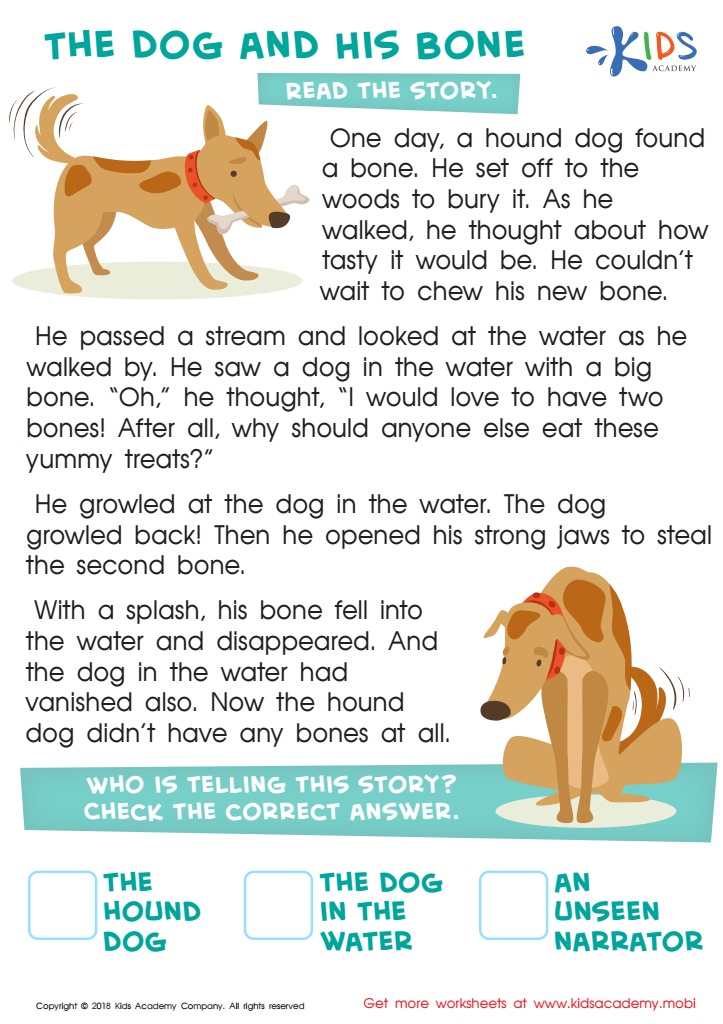

The Dog and His Bone Worksheet
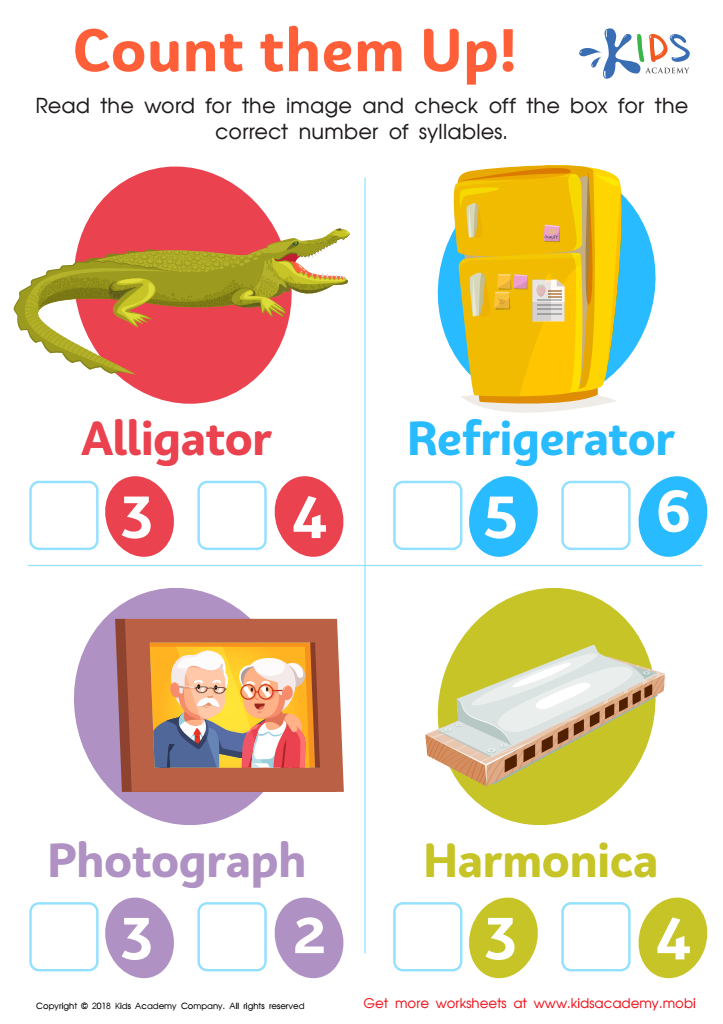

Count Them Up Worksheet
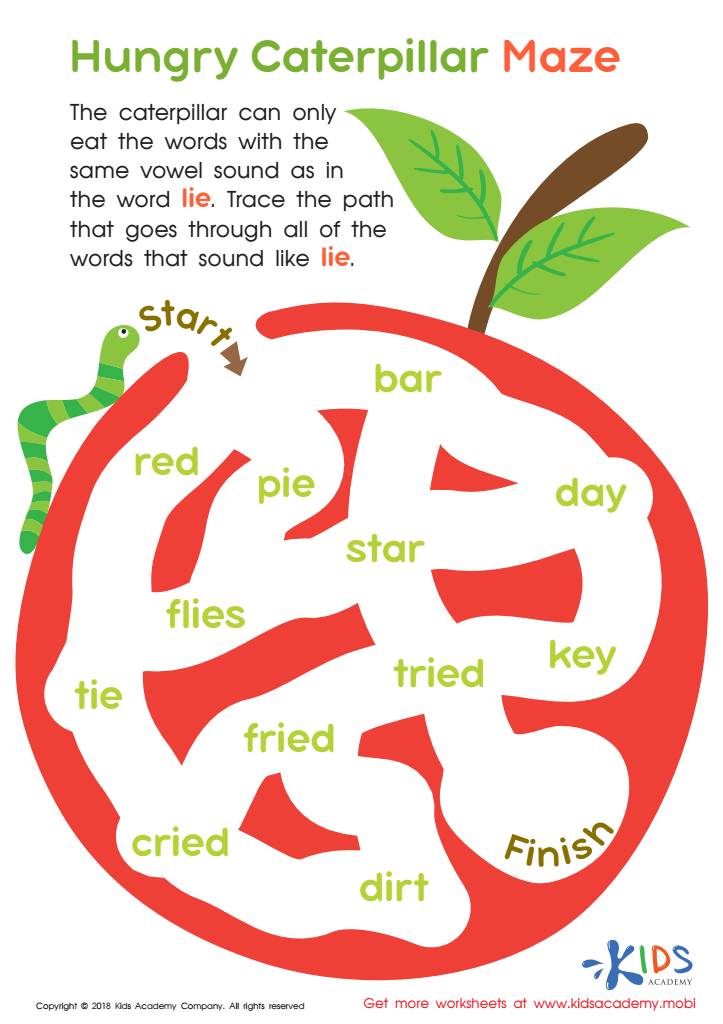

Hungry Caterpillar Maze Worksheet
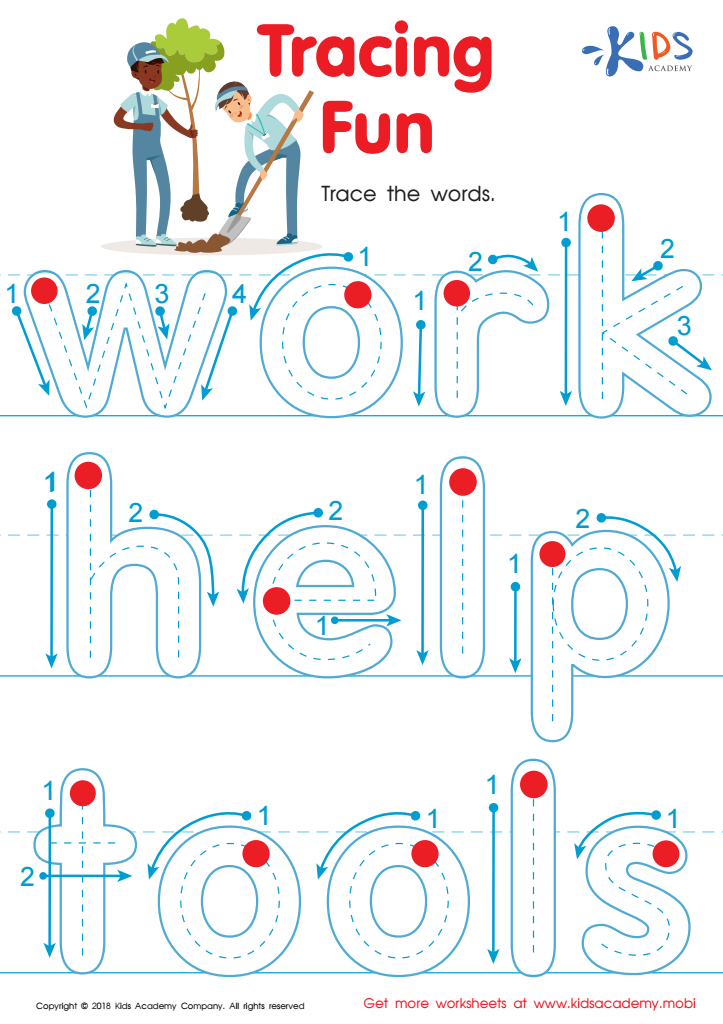

Tracing Fun Worksheet
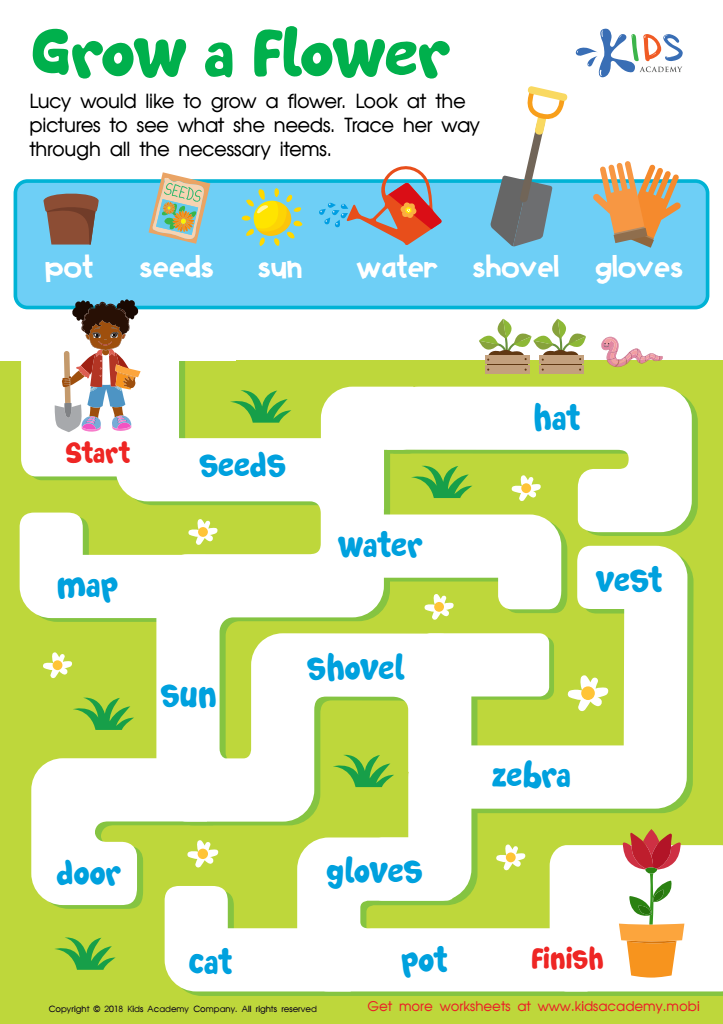

Grow a Flower Worksheet
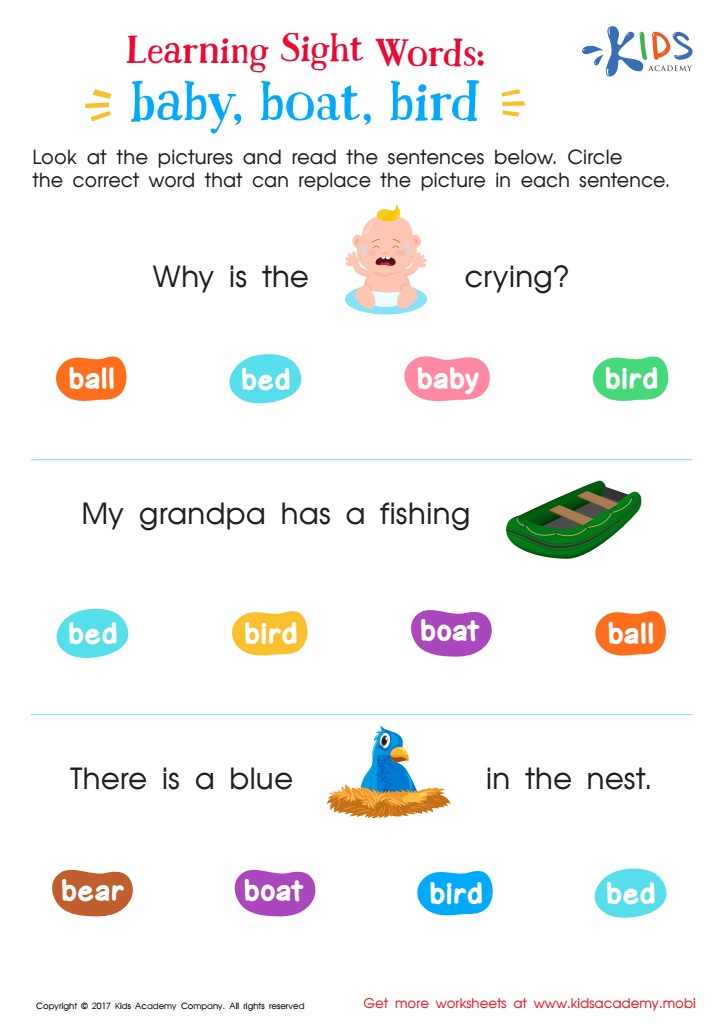

Baby, Boat, Bird Worksheet Sight Words Worksheet
Fine motor skills are essential for children aged 7-9 as they support a variety of daily activities and academic tasks. These skills involve the coordinated movements of small muscles in the hands and fingers, affecting activities like writing, drawing, and manipulating small objects. As children in this age group engage in more complex tasks, such as creative writing and craft activities, proficient fine motor skills become crucial.
Teachers and parents should emphasize the development of fine motor skills because they directly influence a child's ability to express their thoughts and creativity effectively. Mastery of these skills enhances a child’s confidence and independence in classroom settings. Moreover, fine motor proficiency correlates with cognitive development and learning capabilities. By engaging in activities like cutting, bead threading, or model building, children not only refine their motor skills but also develop patience and problem-solving abilities.
Additionally, normal building vocabulary—that is, the gradual increase of age-appropriate vocabulary—is intertwined with fine motor activities, as children frequently encounter new words related to their tasks. Supporting children in these areas lays a strong foundation for their academic journey and daily life skills, making it vital for parents and teachers to pay close attention to fine motor development.
 Assign to My Students
Assign to My Students















.jpg)













